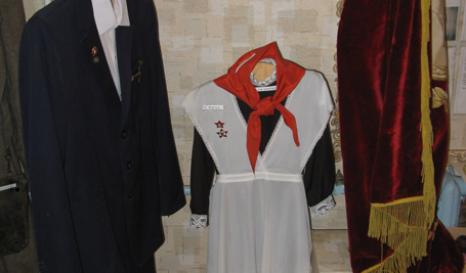


Inedéditions.
Sound Archives, European Memories of the Gulag
Back
Description:
- Title: Childhood, social relations and languages. Relations between children and adults.
- Author(s): Inconnu
- Date: Inconnue
- Collection:
- Source: Sound Archives - European Memories of the Gulag
- Collection conditions: Source: Interview conducted in Russia by E. Koustova, L. Salakhova & A. Blum, 28/08/2009.
- Licence: Licence CC BY-NC-ND.
- Localisation: Inconnue

